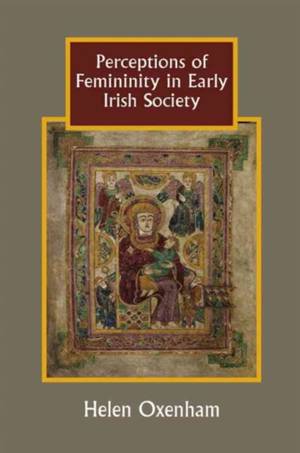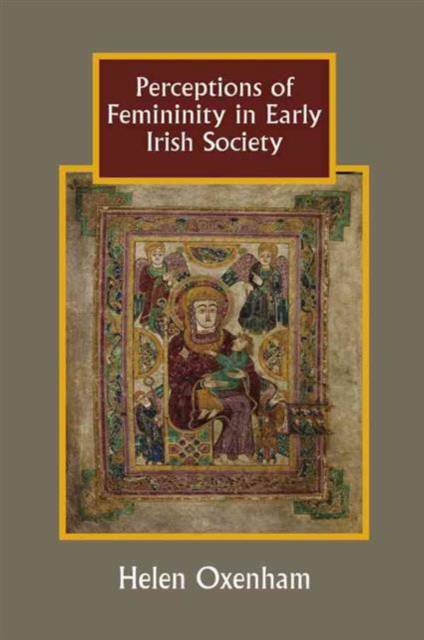
- Retrait gratuit dans votre magasin Club
- 7.000.000 titres dans notre catalogue
- Payer en toute sécurité
- Toujours un magasin près de chez vous
- Retrait gratuit dans votre magasin Club
- 7.000.0000 titres dans notre catalogue
- Payer en toute sécurité
- Toujours un magasin près de chez vous
Description
Was femininity in early Irish society perceived as weak and sinful, innately inferior to masculinity? Was it seen as powerful and dangerous, a threat to the peace and tranquility of male society? Or was there a more nuanced view, an understanding that femininity, or femininities, could be presented in a variety of ways according to the pragmatic concerns of the writer?
This book examines the sources surviving from fifth- to ninth-century Ireland, aiming to offer a fresh view of authorial perceptions of the period. It seeks to highlight the complexities of those perceptions, the significance of authorial aims and purposes in the construction of femininity, and the potential disjunction between societal "reality" and the images presented to us in the sources. This careful analysis of a broad range of early Irish sources demonstrates how fluid constructions of gender could be, and presents a new interpretation of the position of femininity in the thought world of early Irish authors.
Helen Oxenham worked at the Department of Anglo-Saxon, Norse and Celtic in Cambridge as supervisor and researcher on the Mapping Miracles project. She now works for The English Heritage Trust.
Spécifications
Parties prenantes
- Auteur(s) :
- Editeur:
Contenu
- Nombre de pages :
- 231
- Langue:
- Anglais
- Collection :
- Tome:
- n° 36
Caractéristiques
- EAN:
- 9781783271160
- Date de parution :
- 18-11-16
- Format:
- Livre relié
- Format numérique:
- Genaaid
- Dimensions :
- 156 mm x 234 mm
- Poids :
- 503 g







